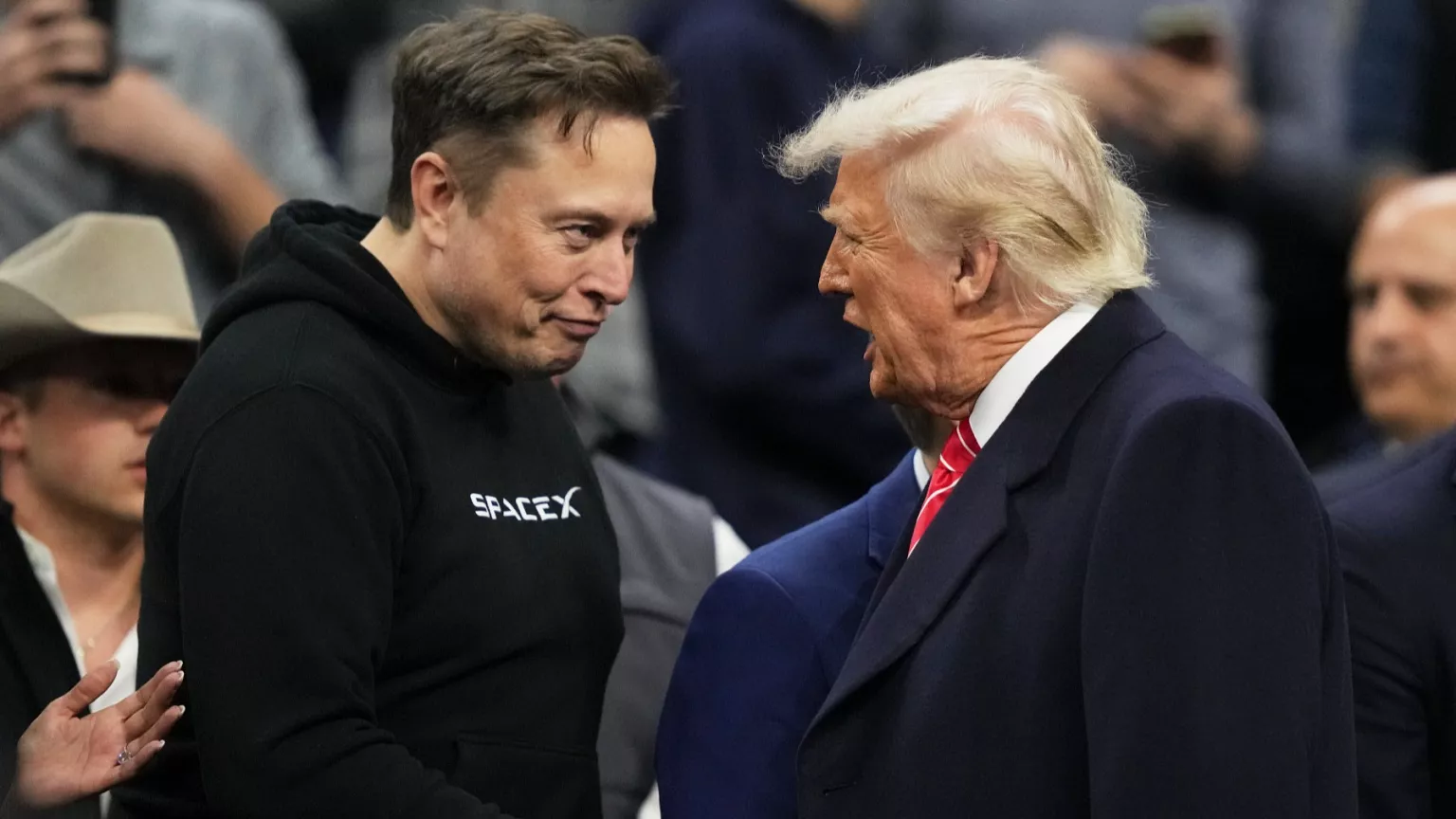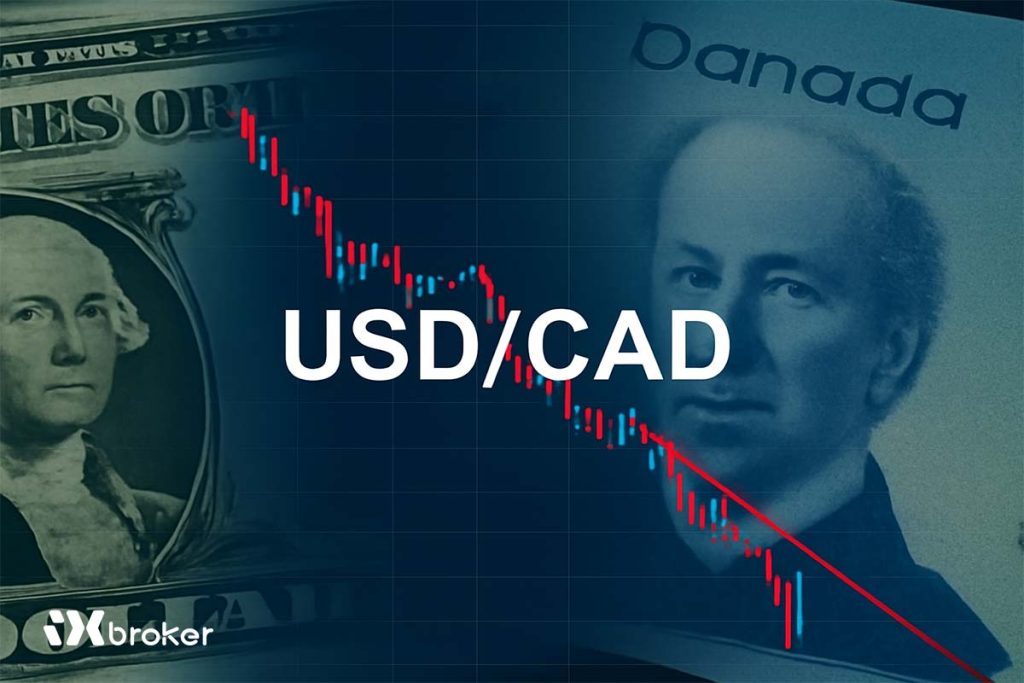Elon Musk has extended his opposition to Trump’s bills, targeting tariffs and the Republican Party’s debt policies. These disputes are impacting the political and economic landscape of the United States.
Elon Musk, CEO of Tesla, has recently voiced his opposition not only to Donald Trump’s key legislative bill but also to wide-ranging aspects of Trump’s economic and political policies, as well as those of the Republican Party. This divergence may have significant implications for the political and economic environment in the U.S.
Opposition to the “One Big Beautiful Bill”; The Beginning of a Rift
This week, Elon Musk formally opposed one of Donald Trump’s most prominent legislative initiatives, known as the “One Big Beautiful Bill.” Presented as Trump’s top legislative priority, the bill aims to bring substantial changes to U.S. economic and energy policies. Musk specifically criticized portions of the bill involving increased government spending and the elimination of certain tax incentives for electric vehicles and clean energy. He described the bill as filled with excessive spending and unnecessary expenses that should be removed.
Expanding Criticism of Trump’s and the Republicans’ Policies
Musk’s opposition quickly expanded beyond the bill itself. On Thursday, through several tweets, he broadened his critique to cover significant parts of Trump’s policies and those of the Republican Party. He sharply condemned Trump’s tariff policies, warning that they could trigger a recession in the second half of the year. Furthermore, Musk held Republicans equally accountable as Democrats for the rapid increase in the nation’s debt. These positions highlight a deep divide among influential political and economic figures in the U.S. and suggest that the impact of this confrontation may persist through the next election cycle.
Escalating Tensions Between Elon Musk and Donald Trump
As criticisms intensified, tensions between Musk and Trump also grew. Just days prior, Trump had ceremonially presented Musk with a symbolic key to the White House, but now their relationship has deteriorated into verbal and political clashes. In response to Musk’s criticisms, Trump threatened to cancel Tesla’s government contracts and stated that his patience with Musk has “worn thin.” Additionally, Trump told ABC that he is “not particularly” interested in engaging in dialogue with Musk.
Political Accusations and Musk’s Response
Some Republicans have sought to link Musk’s criticisms to his personal and business interests, particularly focusing on the removal of tax incentives for solar energy and electric vehicles within legislative bills. However, Musk has strongly denied these allegations, emphasizing that his goal is to preserve financial support for clean energy while simultaneously calling for the elimination of costly and unnecessary provisions in the legislation. These exchanges suggest that the current disputes are rooted deeper in economic and political perspectives rather than merely business interests.
Long-term Implications for U.S. Economy and Politics
Musk’s statements on the dangers of Trump’s tariff policies could have wide-ranging consequences for the U.S. economy. For the first time, he has directly warned that the continuation of tariff policies could lead to an economic recession in the latter half of this year. Previously, Musk had limited his criticism to more indirect comments, but now he openly challenges Trump’s economic strategies. These stances have not only intensified the political atmosphere but may also influence economic decision-making and voter behavior in upcoming elections.



